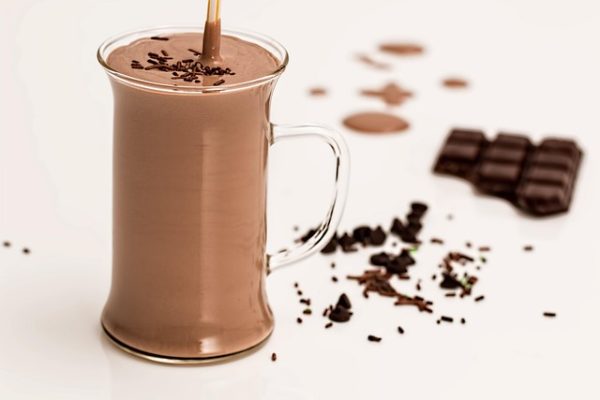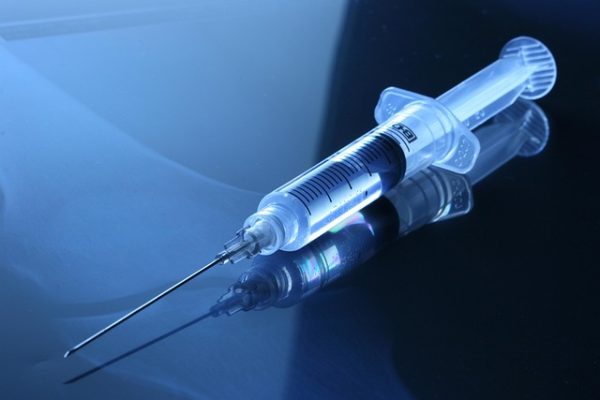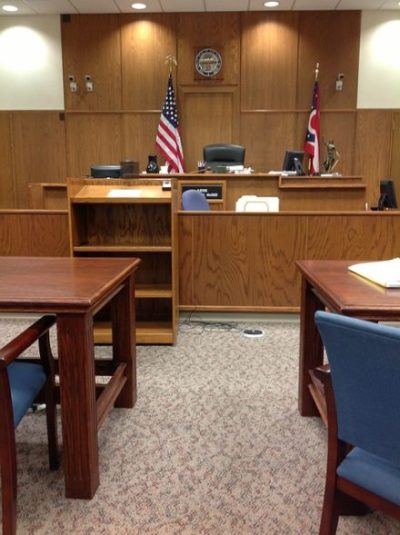Recall of Acne Products Due to Possible Benzene Contamination
 Recently, the Food and Drug Administration issued a recall for possible benzene contamination in popular brands like La Roche-Posay, Proactiv, Walgreens and other acne products. Through third party-testing, the agency had tested 95 acne products that contained benzoyl peroxide for contamination, and found certain products should be recalled, but only at the retail level. The companies whose products were found to contain contamination voluntarily agreed to be part of the recall.
Recently, the Food and Drug Administration issued a recall for possible benzene contamination in popular brands like La Roche-Posay, Proactiv, Walgreens and other acne products. Through third party-testing, the agency had tested 95 acne products that contained benzoyl peroxide for contamination, and found certain products should be recalled, but only at the retail level. The companies whose products were found to contain contamination voluntarily agreed to be part of the recall.
Call Chicago-based Moll Law Group About Your Claim
All the products in the recall are skincare products that contain benzoyl peroxide, an ingredient found in many over-the-counter products used to treat acne. The recall products are:
- Lot number MYX46W of La Roche-Posay Effaclar Duo Dual Action Acne Treatment, which expires April 2025
- Lot number 23 09328 of Walgreens Acne Control Cleanser, which expires September 2025
- Lot numbers of V3305A and V3304A of Proactiv Emergency Blemish Relief Cream Benzoyl Peroxide 5%, which expires October 2025
- Lot V4204A of Proactiv Skin Smoothing Exfoliator, which expires July 2025
- Lot 2430600 of SLMD Benzoyl Peroxide Acne Lotion, which expires March 2025
- Lot 49707430 of Walgreens Tinted Acne Treatment Cream, which expires March 2026.
Moreover, the manufacturer of Zapzyt Acne Treatment Gel voluntarily recalled its acne product based on its own testing that found a higher benzene level.
 Illinois Injury and Mass Tort Lawyer Blog
Illinois Injury and Mass Tort Lawyer Blog


 The Triumph TF250-X Off-Road Motorcycle, which is imported by Triumph Motorcycles America, has been
The Triumph TF250-X Off-Road Motorcycle, which is imported by Triumph Motorcycles America, has been  Recently, after a three-week trial, jurors in a state court
Recently, after a three-week trial, jurors in a state court  Recently, ICU Medical, Inc.
Recently, ICU Medical, Inc.  4, the Chicago-based company Riverside Natural Foods
4, the Chicago-based company Riverside Natural Foods  A multistate outbreak of listeria monocytogenes has impacted frozen supplement shakes made by Prairie Farms. As of February 21, 2025, 38 people have been infected by the outbreak across 21 states. On February 22, 2025, Lyons Magnus LLC
A multistate outbreak of listeria monocytogenes has impacted frozen supplement shakes made by Prairie Farms. As of February 21, 2025, 38 people have been infected by the outbreak across 21 states. On February 22, 2025, Lyons Magnus LLC  Semaglutide in the form of drugs like Ozempic, Mounjaro, Wegovy, Rybelsus and Zepbound may increase the risks of vision loss. These drugs are taken to manage type 2 diabetes and obesity and have the potential to help other medical problems like depression, addiction, and Alzheimer’s. Unfortunately, it also appears that one of the drugs’ potential side effects is a rare kind of vision loss, non-arteritic anterior ischemic optic neuropathy (
Semaglutide in the form of drugs like Ozempic, Mounjaro, Wegovy, Rybelsus and Zepbound may increase the risks of vision loss. These drugs are taken to manage type 2 diabetes and obesity and have the potential to help other medical problems like depression, addiction, and Alzheimer’s. Unfortunately, it also appears that one of the drugs’ potential side effects is a rare kind of vision loss, non-arteritic anterior ischemic optic neuropathy ( This year, important actions will occur in a number of federal
This year, important actions will occur in a number of federal  Roundup litigation continues. One of the more recent federal lawsuits in the
Roundup litigation continues. One of the more recent federal lawsuits in the  Firepits that function by burning liquid fuels like pooled alcohol can be extremely dangerous. The United States Consumer Product Safety Commission (CPSC) has asked consumers not to buy or use these fire pits, which are sold as fire pots, tabletop fire pits, miniature fireplaces and portable fires that can be used indoors. The CPSC has also asked sellers to stop selling them. They released a
Firepits that function by burning liquid fuels like pooled alcohol can be extremely dangerous. The United States Consumer Product Safety Commission (CPSC) has asked consumers not to buy or use these fire pits, which are sold as fire pots, tabletop fire pits, miniature fireplaces and portable fires that can be used indoors. The CPSC has also asked sellers to stop selling them. They released a